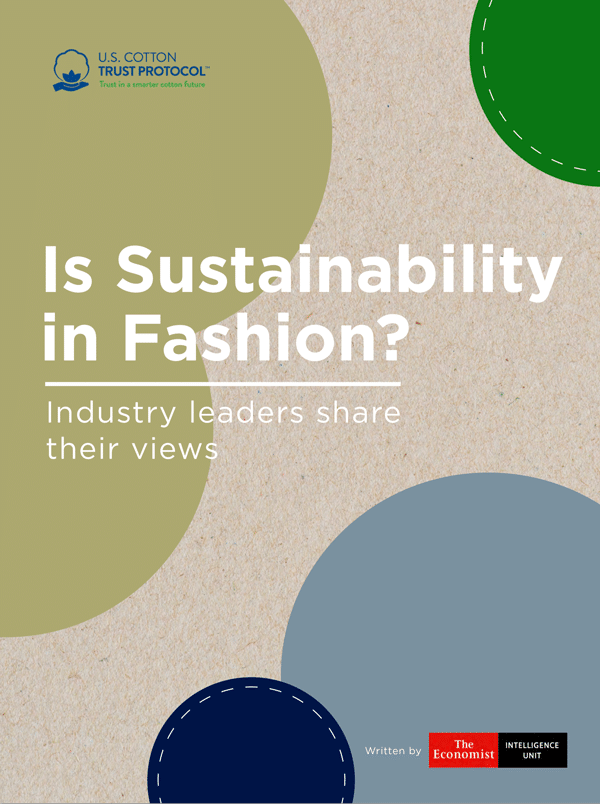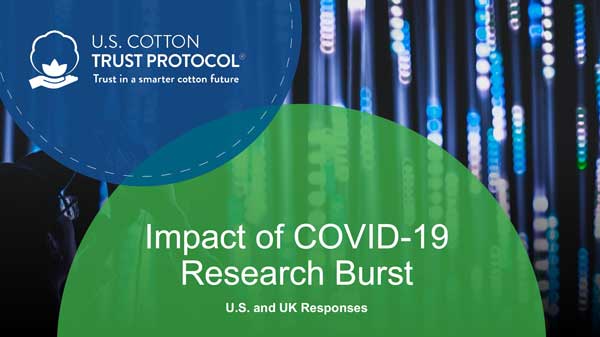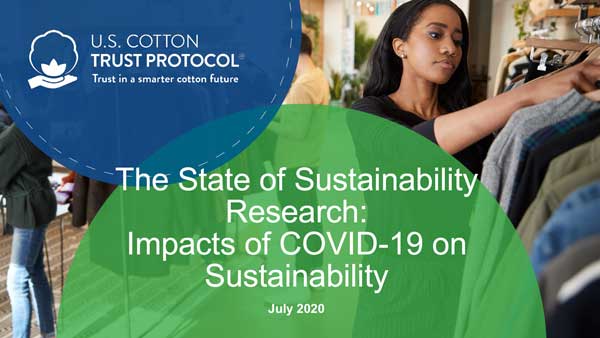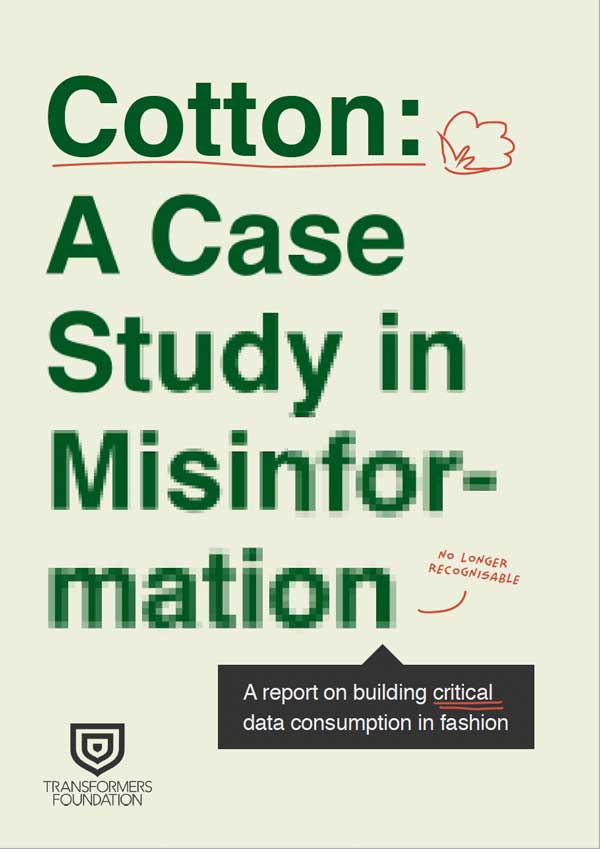Research
U.S. Cotton Trust Protocol works with the Economist Intelligence Unit to ask, “Is Sustainability in Fashion?”
In recent months, we’ve been hard at work with the Economist Intelligence Unit exploring a key question at the forefront of everyone’s mind in the fashion, retail and textiles industry – to what extent is sustainability a key focus for the industry, especially now given the impact of COVID-19?
It’s an important question and one that the Economist Intelligence Unit seeks to answer in its new report “Is Sustainability in Fashion?”, commissioned by the U.S. Cotton Trust Protocol.
Backed by an in-depth survey of industry leaders across Europe and the United States, “Is Sustainability in Fashion?” is essential reading for anyone seeking to understand the fashion, retail and textiles industry today as it tackles one of its most fundamental challenges.
Impact of COVID-19 Research Burst: Focusing on U.S. and UK Markets
A year into lockdown, research found a sharp increase in consumer demand for sustainable products and business practices. The U.S. Cotton Trust Protocol surveyed sustainability decision-makers at 1,000 brands and retailers in the U.S. and UK to determine the impact the pandemic has had on the importance of and investment in sustainability initiatives.
As brands and retailers look to the future, there is a sense of optimism for increased consumer spending and investment in environmentally friendly practices – with 28% of brands and retailers committed to setting new industry standards for sustainability.
As the one year of many countries going into lockdown approaches, the Trust Protocol’s research findings reveal that 69% of brands and retailers believe that the pandemic has emphasized the importance of environmentally friendly products to customers – with two-thirds (61%) also noting that there has been an increased demand for sustainable products.
The State of Sustainability Research: Impacts of COVID-19 on Sustainability (July 2020)
Research conducted by the Trust Protocol showed business leaders at top fashion, retail and textile businesses are putting sustainability drive first, despite COVID-19 pandemic.
It also found that the power of data in the effort to ‘go green’ is well recognized, but patchy performance suggests more access to better quality data needed to help turbocharge change.
Despite Covid-19, fashion leaders are confident that fast, affordable and sustainable fashion is realistic, with crisis seen as opportunity to recharge sustainability efforts.





